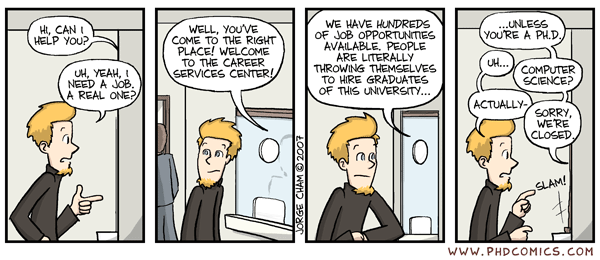I don’t recycle. Yes, that’s right, you heard me. And you shouldn’t either. Now before all you environmentally friendly, Earth-saving people stab me with your pitchforks made of recycled plastic and throw me into your fires started with recycled newspaper, hear me out. Since we were children, all those around us have emphasized how recycling makes you green and “eco-friendly.” We’ve been rewarded for recycling effectively and have implemented large-scale recycling projects in parks and cities around the nation. In a commercial building, virtually every room with a trash bin has a recycling bin right alongside it. However, before recycling that piece of plastic and suddenly smiling and rewarding yourself intrinsically for saving the world, have you ever stopped to consider why you recycle? Typical responses include retorts like, “Well, mom told me so.” While that may possibly work on your three-year-old brother, chances are any educated person would not be heavily swayed by this slightly unintelligent argument.
First of all, recycling is expensive. There are many collection, transportation, processing, equipment, and labor costs related to recycling. Collecting waste for a landfill costs about $60 a ton. Conversely, separating and collecting recycled materials can cost up to $150 a ton. Virgin plastic resin costs forty percent less than slutty recycled plastic resin. This is due to the low price of petroleum. I know exactly what you're thinking. “Low price of petroleum? Psh. Yeah right. My gas cost me forty bucks yesterday.” But when you compare these costs to that of paying for labor, collection, handling, transporting, and various other expenses of recycling, the price of petroleum seems pretty dang low.
And for you tree-huggers, have no fear, a lack of recycling will not destroy all of our forests. Each year, we grow 22 million acres of new forest, but only harvest 15 million. The number of trees in society currently is increasing, not decreasing
Believe it or not, recycling can bring about pollution. As David Letterman once said, “Fall is my favorite season in Los Angeles, watching the birds change color and fall from the trees.” Clearly, pollution is an ever-increasing problem in American society, much more so than that of decreasing land-fill space. Take New York City for example. Each year, New York's capacity grows at a higher rate than its disposal. Guess how much extra they have? Not 20, not 50, but almost 100 million unused tons of permitted space for landfills. Apparently, New Yorkers overestimated how trashy they are–I mean how much trash they produce. And this is New York alone. If Americans keep generating garbage at current rates for 1,000 years, and if all their garbage is put in a landfill 100 yards deep, by the year 3000 this garbage heap will fill a square piece of land of a whopping 35 miles on each side. This is just .1 percent of land that we Americans have devoted as grazing land. Certainly there is no immediate crisis for landfill space. On the other hand, let's consider the current problems with pollution. New York is constantly under the risk of run-off from urban sources damaging the water supply. But wait, doesn't recycling help pollution? Not so fast, my naive friend. Recycling collection calls for collection trucks. This means that trucks will be running longer and more often, thus creating more fumes. Also, recycling is an industrial process and, just like every other industrial process, it uses resources and produces pollution.
So, what's the alternative? First and foremost, a greater emphasis should be placed on the other two R's in the three R plan: reducing and reusing. So, now that you've heard me speak, you are free to stab me with your pitchforks. But, please, make them out of virgin, not recycled, plastic.


 Subscribe by RSS
Subscribe by RSS
